Christianity
Events
-
-
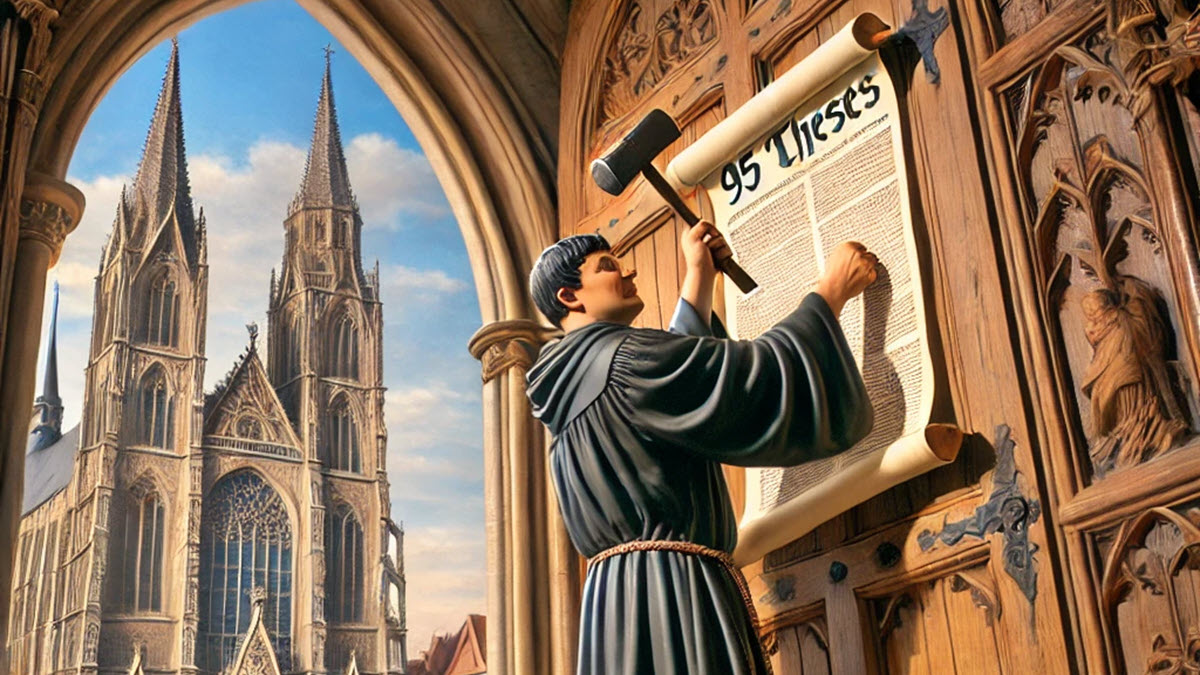
Reformation Day
Reformation Day commemorates the beginning of the Protestant Reformation. It marks the day in 1517 when Martin Luther, a German monk and theologian, is traditionally believed to have nailed his 95 Theses to the door of the Wittenberg Castle Church.
-
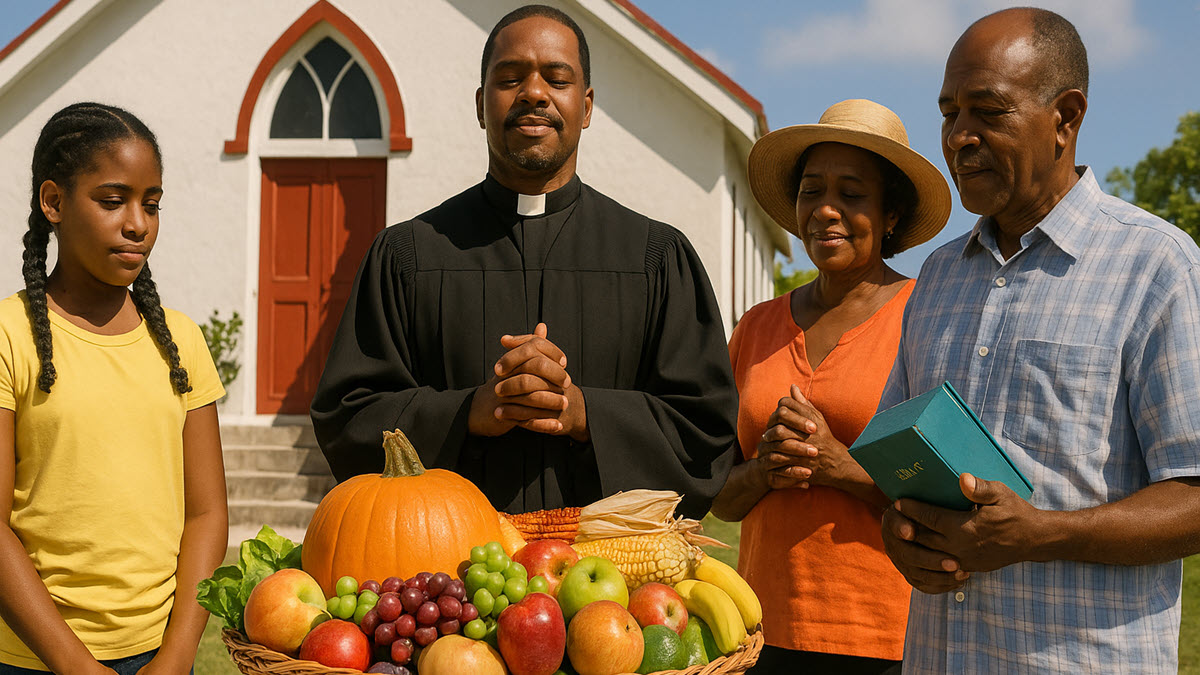
Thanksgiving Day (Turks and Caicos Islands)
Thanksgiving Day in the Turks and Caicos Islands (TCI) is a public holiday that shares its date with the American Thanksgiving but is celebrated in a distinctly local and spiritual way, rooted in the islands' religious traditions, community values, and agricultural heritage.
-
-
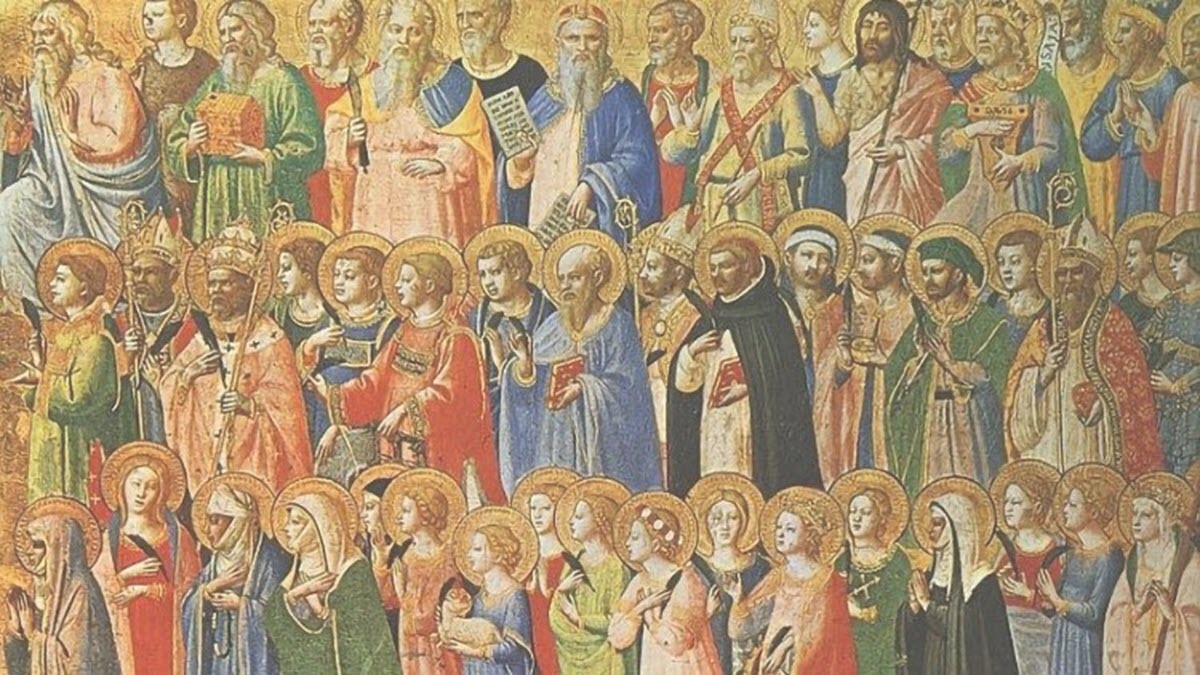
All Saints' Day
All Saints' Day is a Christian holy day dedicated to honoring all saints, both known and unknown, who have attained Heaven. It is observed by the Roman Catholic Church, Eastern Orthodox Church, Anglican Communion, and many other Protestant denominations.
-
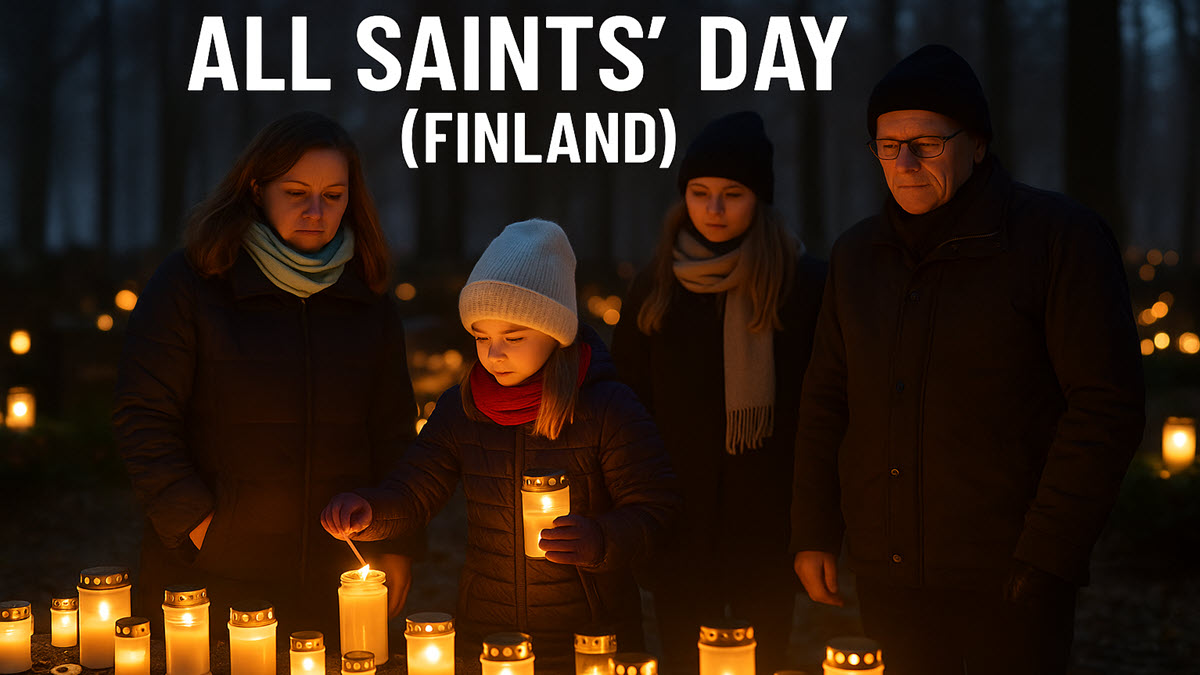
All Saints' Day (Finland)
All Saints’ Day in Finland is a solemn day dedicated to honoring all saints and the memory of departed loved ones, marked by church services and the tradition of lighting candles on graves, which illuminate cemeteries across Finland during the dark autumn nights.
-
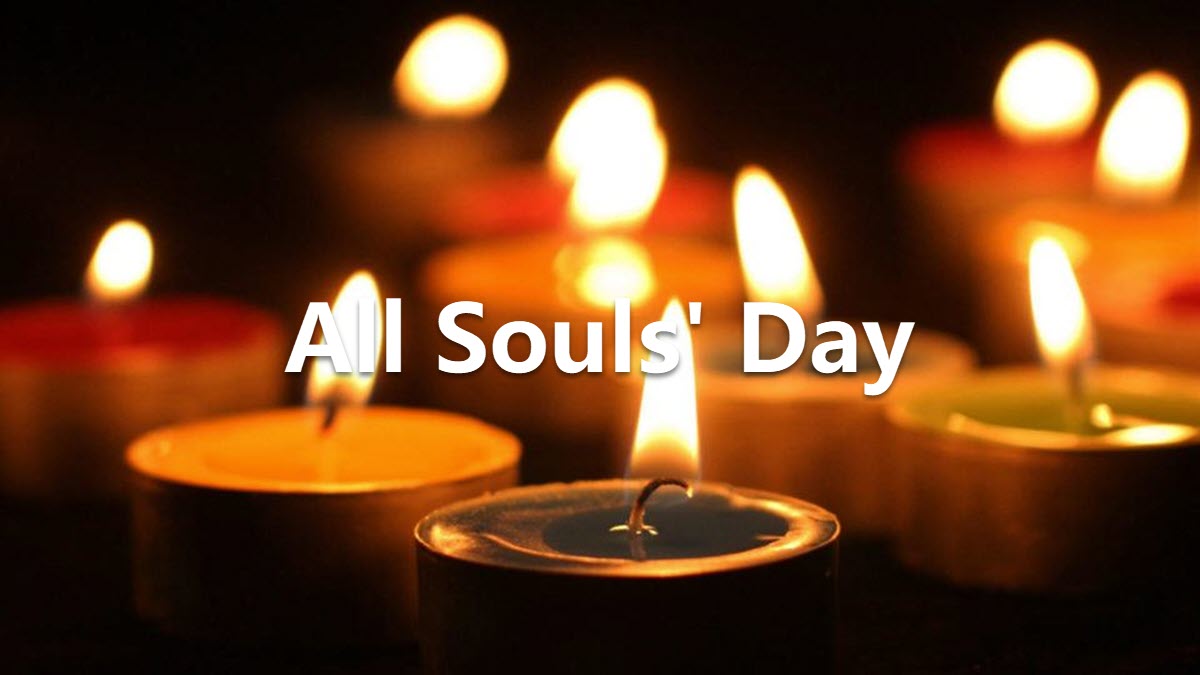
All Souls' Day
All Souls' Day is dedicated to praying for the souls of the faithful departed, particularly those in Purgatory, undergoing purification before entering Heaven. It is a significant day in the Catholic Church and other Christian traditions that honor the dead.
-
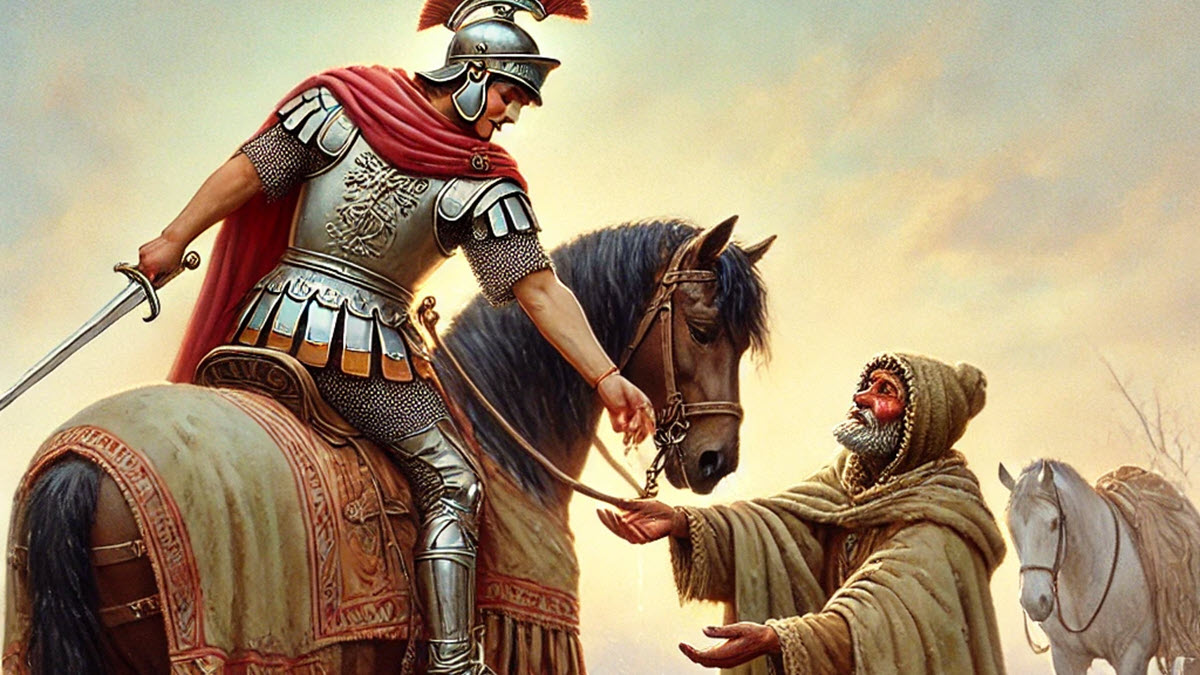
St. Martin's Day
St. Martin's Day, also known as Martinmas, is celebrated on November 11 in honor of St. Martin of Tours, a 4th-century bishop and one of Christianity's most revered saints. It is widely observed in Europe and some parts of the world with a mix of religious and cultural traditions.
-
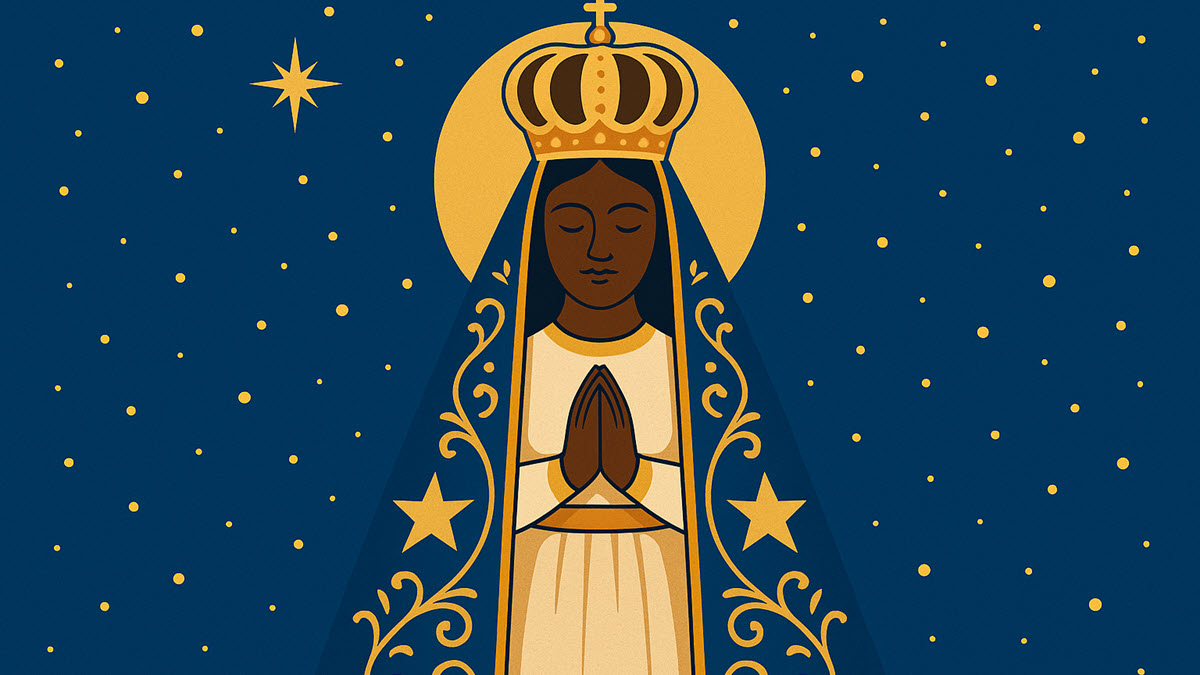
Lady of Aparecida Day (Brazil)
Our Lady of Aparecida Day honors Nossa Senhora Aparecida, the patron saint of Brazil. The day commemorates the 1717 discovery of a small clay statue of the Virgin Mary by fishermen in the Paraíba River, which became a symbol of hope and faith. Over centuries, devotion to Our Lady of Aparecida grew into one of Brazil’s most cherished traditions. Millions of pilgrims visit the Basilica of the National Shrine of Aparecida, one of the largest churches in the world, to pay tribute.
-
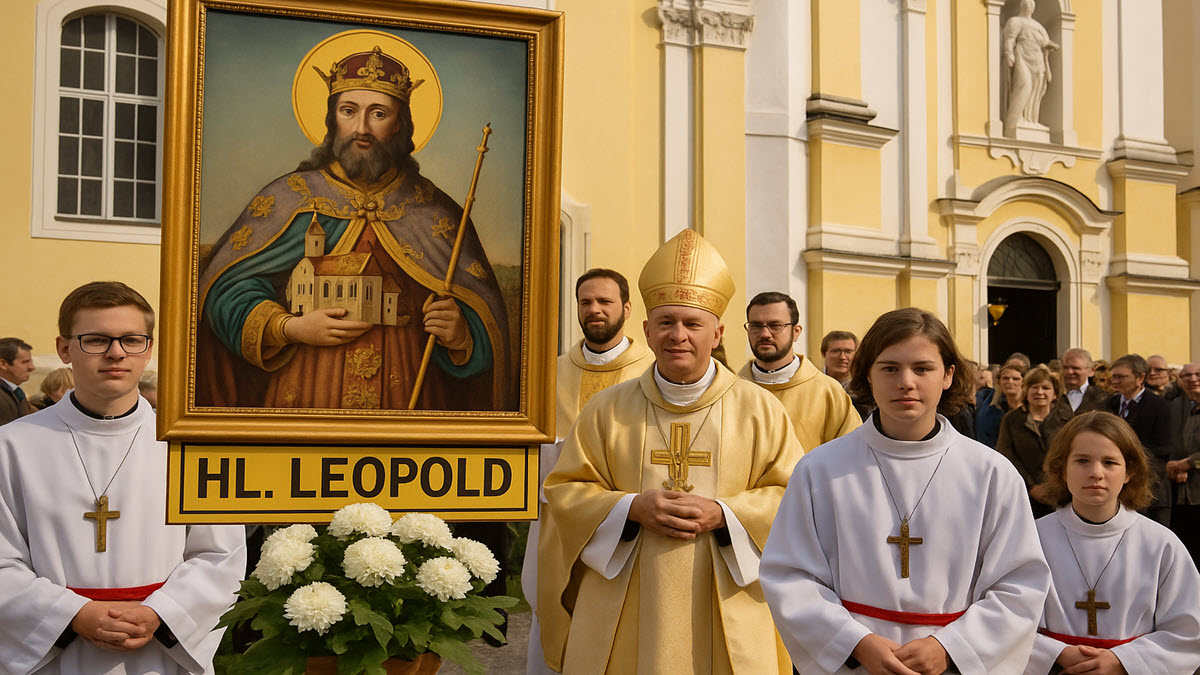
St. Leopold's Day (Austria)
St. Leopold’s Day in Lower Austria is both a religious feast and a regional celebration, reflecting centuries of devotion to the margrave who shaped Austria's early history. The day highlights Lower Austria’s pride in its patron saint and keeps alive traditions that date back to the Middle Ages.
-
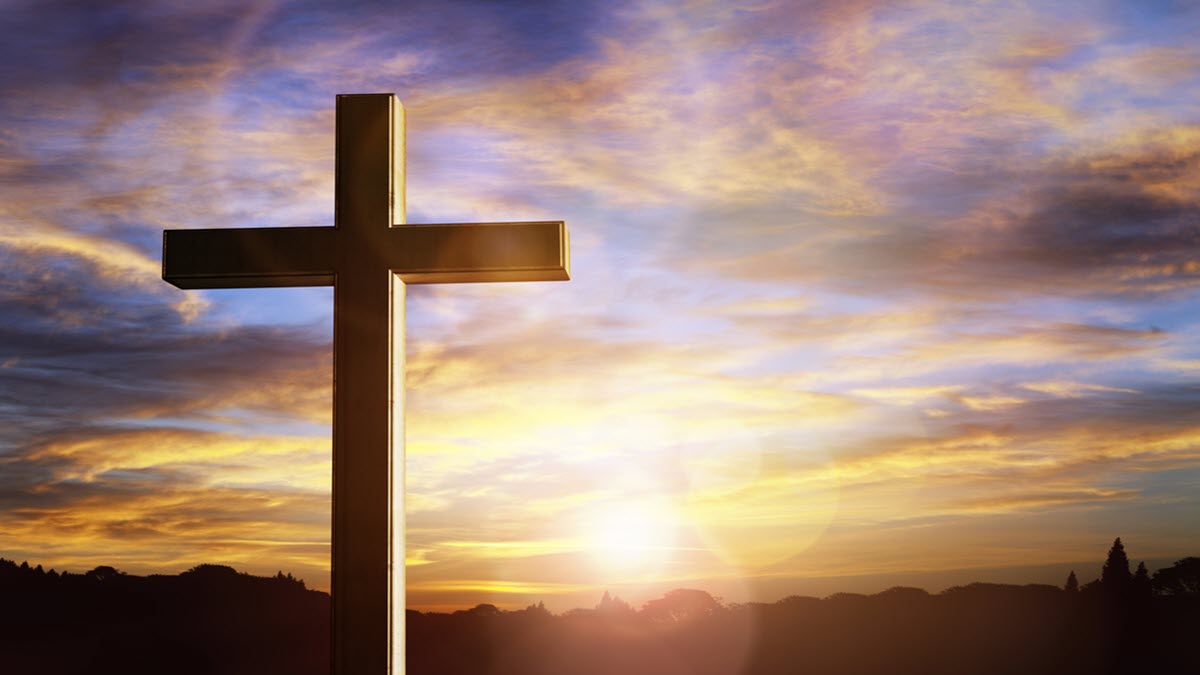
Repentance and Prayer Day
Repentance and Prayer Day is a Christian observance focused on personal reflection and repentance of sins. It has its roots in Christian teachings and has been recognized historically in various countries, particularly in Germany and parts of Europe.
-
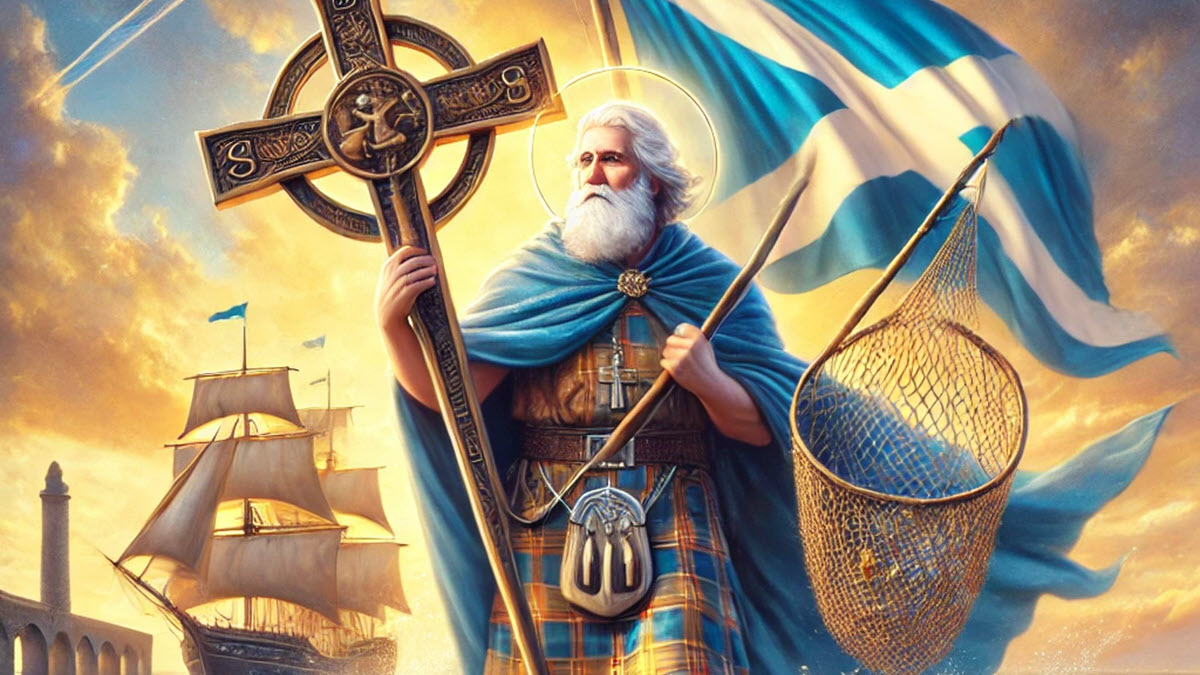
St. Andrew's Day
St. Andrew's Day honors St. Andrew, one of the twelve apostles of Jesus and the patron saint of Scotland, Greece, Russia and other countries. It is a day of religious observance and cultural celebration, especially in Scotland, where it is a national holiday.
-
-
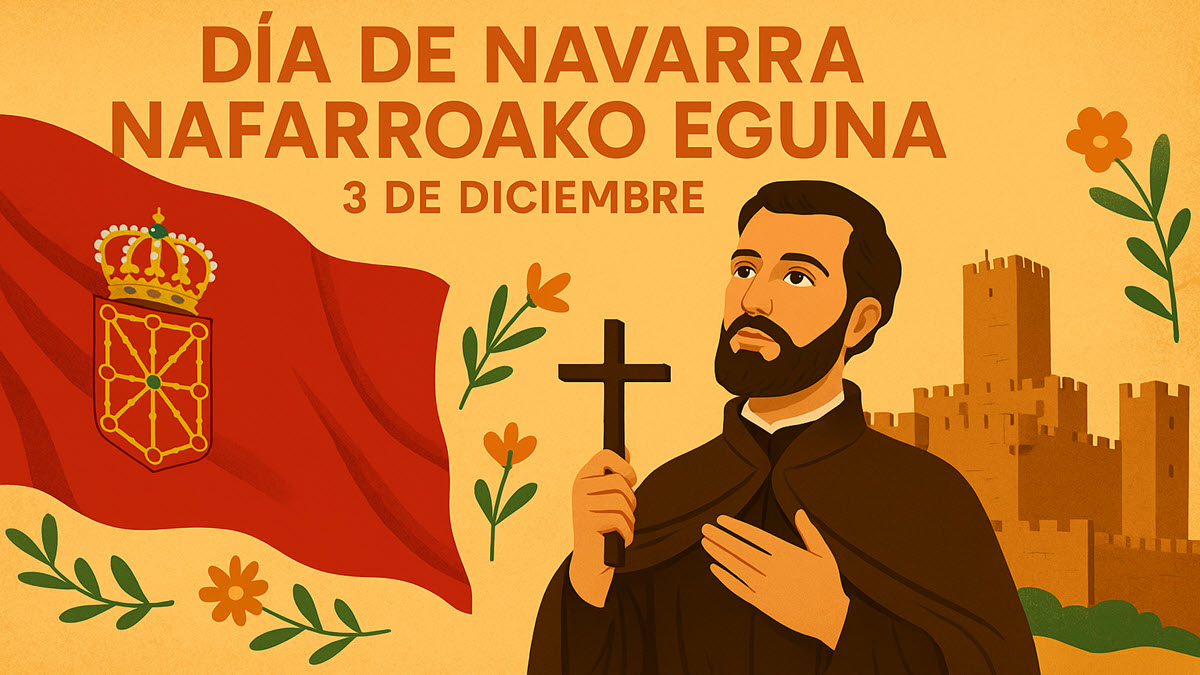
Day of Navarra
The Day of Navarra honors both the patron saint San Francisco Javier and the regional identity of Navarra within Spain. It combines religious devotion, cultural festivities, and institutional recognition of the region’s autonomy and heritage.
-
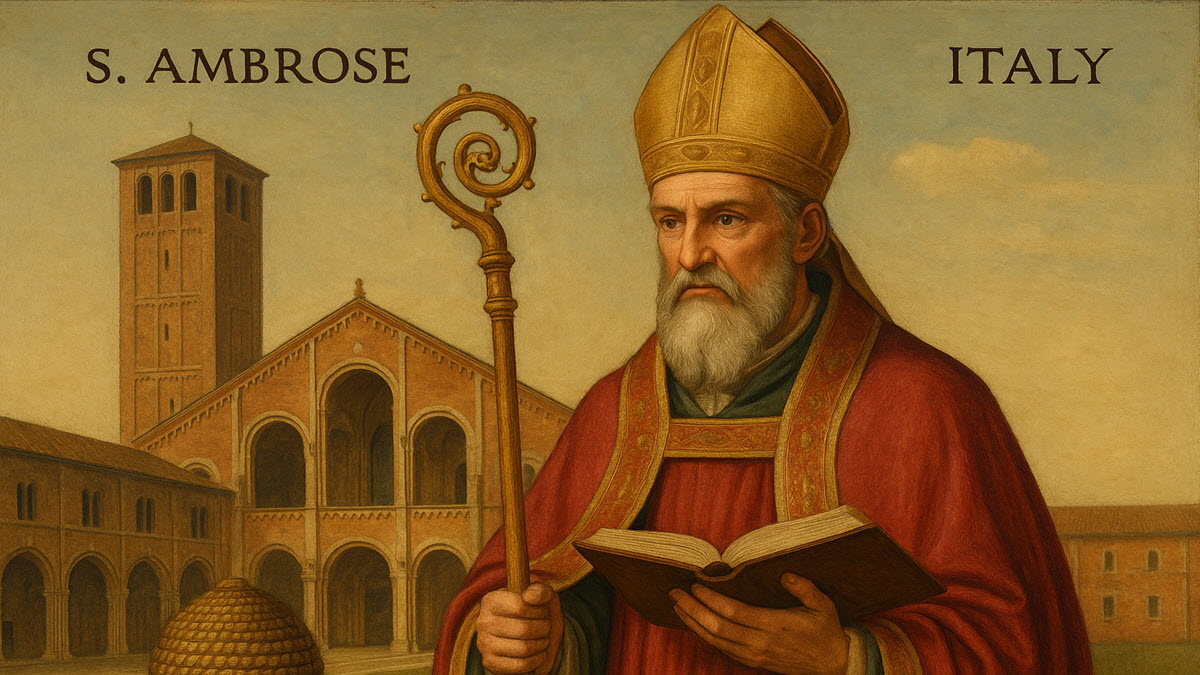
St. Ambrose (Italy)
St. Ambrose is the patron saint of Milan and one of the most influential figures in early Christianity. Serving as Bishop of Milan from 374 to 397 AD, he shaped the relationship between Church and State, inspired St. Augustine, and helped define Western Christian theology. His legacy endures through the Basilica di Sant'Ambrogio in Milan, a Romanesque masterpiece he founded, and the Ambrosian Rite, a unique liturgical tradition still practiced in parts of Italy today.